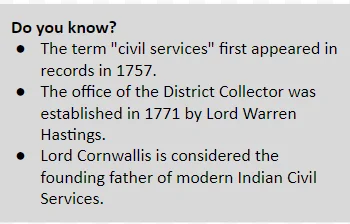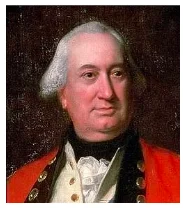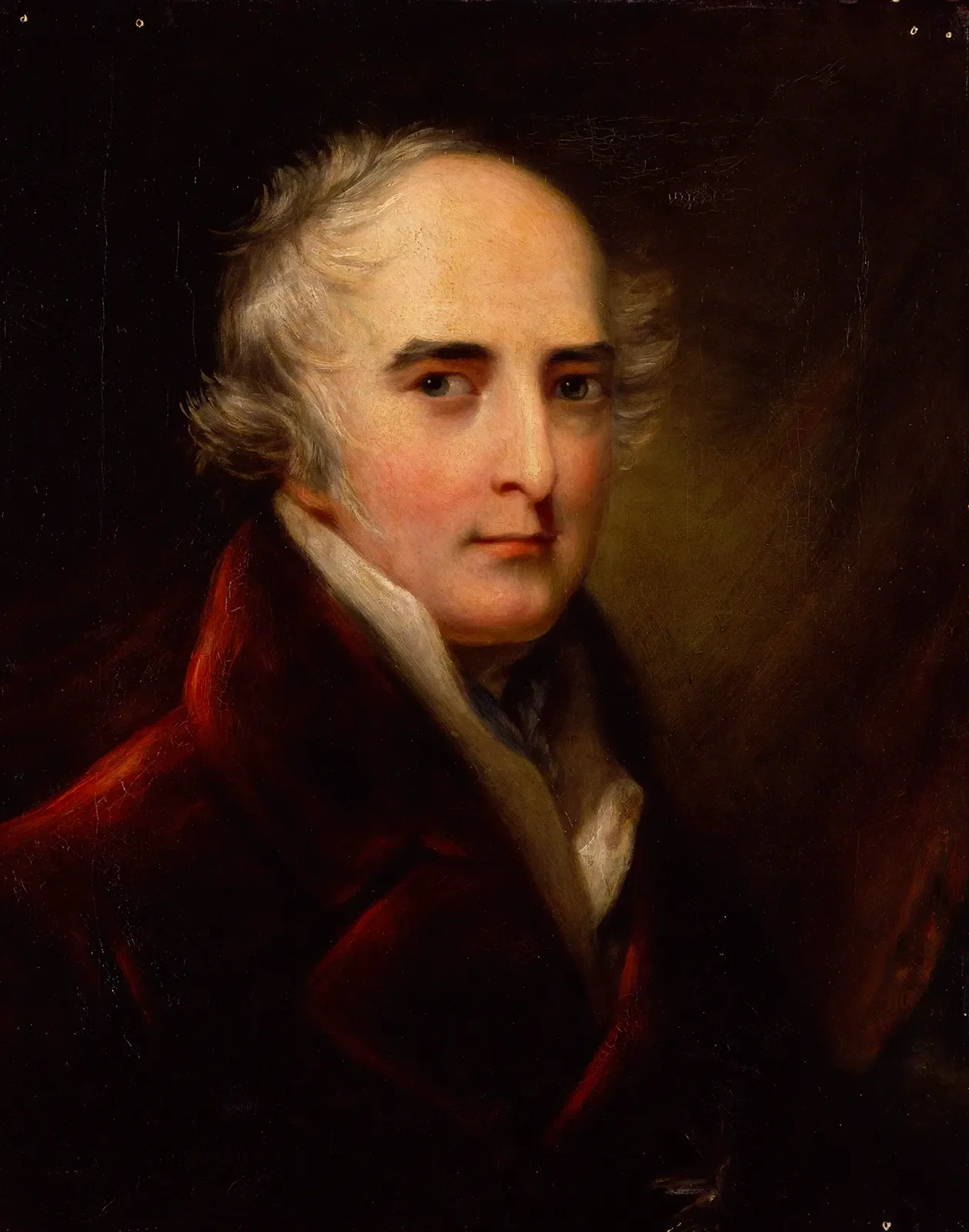Initially established by the East India Company to serve its commercial interests, the civil service system evolved into a well-organized administrative machinery responsible for governing the acquired territories in India. Originally, the term ‘civil service’ was employed to differentiate the Company’s employees engaged in commerce from those serving in the military and navy. Over time, civil servants were entrusted with additional duties and greater authority.
Initial Appointments
The directors of the East India Company chose the civil servants, who were subsequently trained at London’s Haileybury College before being dispatched to the subcontinent. The concept of a modern Indian civil service that is based on merit was developed in 1854 as a result of Lord Macaulay’s report to the British Parliament’s Select Committee.
- The Report recommends replacing the patronage structure of the East India Company with a permanent Civil Service based on merit and competitive exams.
- To do this, a Civil Service Commission was founded in London in 1854, and competitive examinations were first offered in 1855.

Enroll now for UPSC Online Course
Cornwallis Code of Civil Services
Cornwallis, during his tenure as governor-general from 1786 to 1793, played a pivotal role in establishing and structuring the civil services. He initiated the process of Europeanization of higher services in India. As a result of the Court of Directors being responsible for all appointments to the Indian Civil Services through nominations, no Indian individuals ever had the opportunity to be appointed.

- Charter Act of 1833, specifically under Section 87, stipulated that no Indian subject of the Company in India should be excluded from holding any position under the Company “because of his religion, place of birth, descent, and color.”
- However, in reality, no Indian ever received an appointment to the Civil Services, which later became the Indian Civil Services (ICS).
To combat corruption, he implemented several measures, including:
- Increasing the salaries of civil servants.
- Vigorously enforcing regulations against engaging in private trade.
- Prohibiting civil servants from accepting presents, bribes, and other forms of gratification.
- Emphasizing promotions based on seniority as a means of merit-based career advancement.
Wellesley’s Code of Civil Services
In the year 1800, under the governance of Wellesley, who held the position of governor-general from 1798 to 1805.
Lord Wellesley played a significant role in the evolution of civil services in India, particularly in the following ways:

- Establishment of Fort William College: In 1800, Wellesley established Fort William College (also known as Oxford of East), which was instrumental in providing training to recruits in the civil services.
- It Aimed at teaching oriental languages and training civil servants enabling them to administer without depending on Indian intermediaries.
- Establishment of East India College: In 1806, the Court of Directors expressed their disapproval of Wellesley’s College.
- Consequently, they decided to establish the East India College in Haileybury, England, where recruits would receive a comprehensive two-year training program.
- Haileybury College for training civil servants was abolished in 1858.
- Consequently, they decided to establish the East India College in Haileybury, England, where recruits would receive a comprehensive two-year training program.
- Efforts to Combat Corruption: Wellesley implemented various measures to combat corruption within the civil services, including strict enforcement of rules against private trade and the prohibition of civil servants from accepting presents and bribes.
- These actions aimed to maintain the integrity of the civil services.
- Structured Administrative Machinery: Wellesley worked towards organizing and structuring the civil services, recognizing the importance of an efficient administrative apparatus to govern the acquired territories in India.
Charter Act of 1853
The 1853 Charter Act marked the end of the East India Company’s patronage system and mandated that recruitment would henceforth be based on open competition. However, from the very outset, Indians were denied access to high-ranking positions. Lord Cornwallis famously believed that “Every native of Hindustan is corrupt.” The Charter Act of 1793 had reserved all posts worth 500 pounds per annum for the covenant servants of the Company.
In 1853, a parliamentary Act opened up appointments to the Indian Civil Services (ICS) through open competition, and the first competitive examination took place in 1855. While Indian aspirants had the opportunity to apply, very few Indians could avail themselves of this chance due to several challenges:
- No Exam Centre in India: The ICS examination was exclusively conducted in London, with no examination center available in India.
- Exam Syllabus suited to British: The examination syllabus was more suited to English youth, with a strong emphasis on knowledge of Greek, Latin, and English.
- And the belief that only the English were capable of establishing administrative services that would serve British interests.
- Lowering the maximum age limit: The maximum age limit for candidates was initially set at 23 years but was successively reduced to 22 years in 1860 further decreased to 21 years in 1866, and eventually lowered to 19 years.
- Following substantial agitation by Indian nationalists, the age limit was adjusted to fall between 22 and 24 years in 1906.
Enroll now for UPSC Online Course
- Prejudices towards Indians: The perception was that Indians were deemed incapable, untrustworthy, and indifferent to British interests.
- Intense Competition: The intense competition among Europeans themselves for lucrative positions, made it less enticing to offer these roles to Indians.
| Must Read | |
| Current Affairs | Editorial Analysis |
| Upsc Notes | Upsc Blogs |
| NCERT Notes | Free Main Answer Writing |
Conclusion
The evolution of civil services in India, initiated by the East India Company, laid the foundation for a structured administrative system. Key reforms by Cornwallis and Wellesley aimed to curb corruption and enhance efficiency, though they largely excluded Indians. The introduction of merit-based recruitment in 1853 marked progress, but barriers like biased exams and age restrictions limited Indian participation, reflecting the prejudices of the time. This evolution shaped India’s modern civil services system.
Sign up for the PWOnlyIAS Online Course by Physics Wallah and start your journey to IAS success today!
| Related Articles | |
| Charter Act 1793 | From Trade to Territory: The East India Company’s Rise in India |
| Lord Wellesley | Indian Civil Service (ICS) |

 GS Foundation
GS Foundation Optional Course
Optional Course Combo Courses
Combo Courses Degree Program
Degree Program









